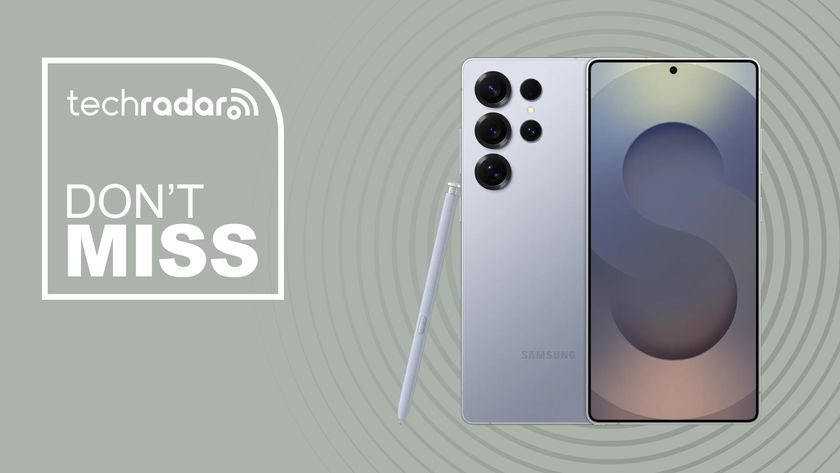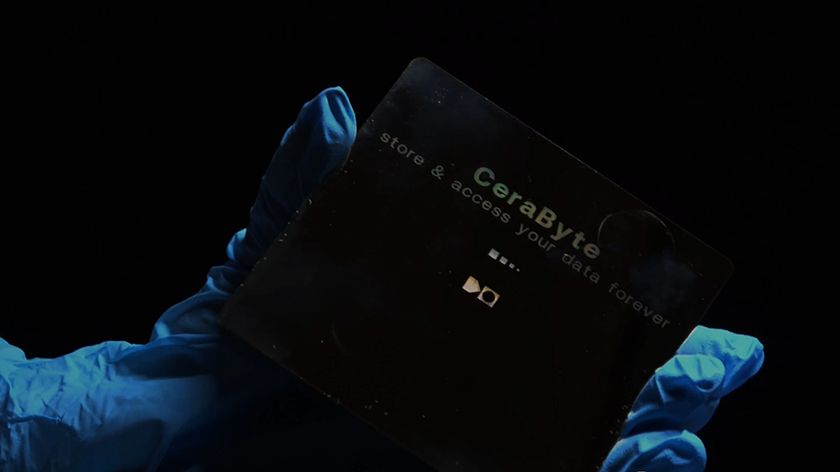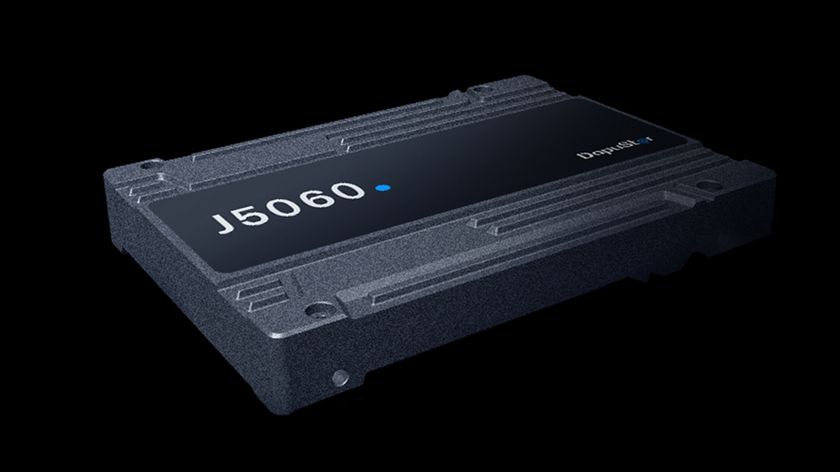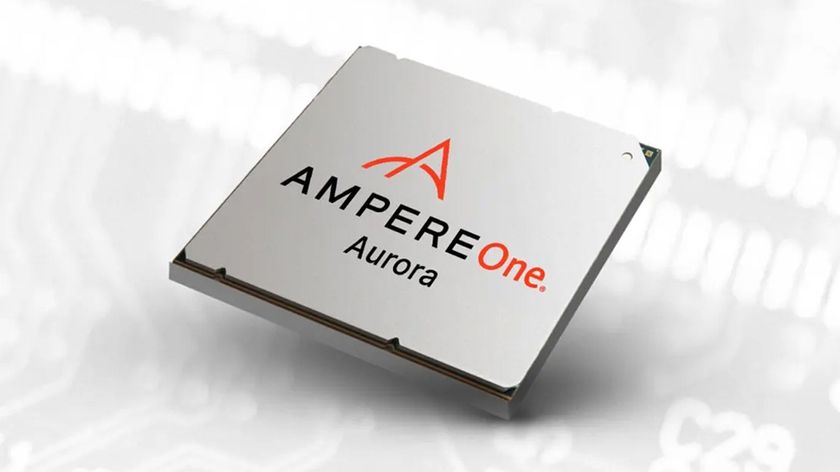Mobile World Congress 2010: the winners and losers
Who came up with the goods and who disappointed?
The losers
Nokia
The Finnish company is something of a conundrum at the moment – declining market share is a real worry for any company, but it seems Nokia isn't intent on sorting it out in the short term.
Not taking a stand at the MWC 2010 event seemed a little odd, especially when it took over a whole building just down the road – but more irritating was the press conference.
Leaving hundreds of journalists waiting half an hour to get a badge was bad enough, but when it turned out to be to a press conference revealing no new handsets, it was hard to see what all the fuss was about.
Nokia and Intel did announce they were combining their operating systems to make MeeGo, but that's hardly an earth shattering revelation that will change the course of mobiles in 2010.
We know the Finns usually save the big guns until Nokia World, and the MeeGo announcement might be big in a few years time – but the company's presence at MWC this year felt like a huge anti-climax.
Get daily insight, inspiration and deals in your inbox
Sign up for breaking news, reviews, opinion, top tech deals, and more.
Motorola
While it might seem odd to include this company in the losers category, especially when it has released so many phones recently, it's Motorola's lack of UK interest that bothered us.
Despite showing EIGHT new handsets from the last six months, we've only seen two released on our shores, the Dext and Milestone (and the latter's not even available from a network).
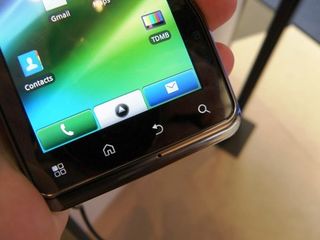
The brand seems to be showing a complete apathy to the UK by not announcing any further phones for our region – the best we got was the Motorola Quench, announced for Europe next month, but that's no guarantee it will be coming here.
After seeing the bevy of technology on offer for other countries (FYI Motorola, we would love the 720p-recording, 8MP-snapping, HDMI-pumping Motoroi over here) it just feels like a shame that a company that's enjoying such a welcome renaissance should ignore this key market.
LG
Like Nokia, LG decided not to exhibit at this year's show – although it did take a pavilion as near as could be to the fences of the MWC event.
And it also announced a couple of new phones for Europe too – the LG Mini and the Android-powered GT450.
But despite being a sponsor of the event, the company was largely invisible thanks to a very small press window at 8AM to come and see the phones – not really whipping the world's media into a frenzy over the latest handsets.
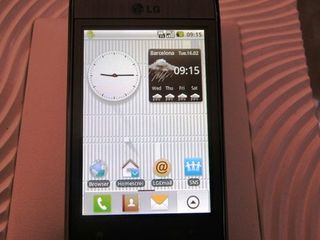
It's not so much because of what LG brought to the show that we've put it in this category, but more the missed opportunity – Korean rival Samsung had its largest ever stand at the event, and the absence of LG was noticeable.
We've no doubt what was shown off will be a success, but we would have liked to have seen more of a fanfare for a company that has real designs on being one of the top mobile manufacturers for many years to come.

Gareth has been part of the consumer technology world in a career spanning three decades. He started life as a staff writer on the fledgling TechRadar, and has grew with the site (primarily as phones, tablets and wearables editor) until becoming Global Editor in Chief in 2018. Gareth has written over 4,000 articles for TechRadar, has contributed expert insight to a number of other publications, chaired panels on zeitgeist technologies, presented at the Gadget Show Live as well as representing the brand on TV and radio for multiple channels including Sky, BBC, ITV and Al-Jazeera. Passionate about fitness, he can bore anyone rigid about stress management, sleep tracking, heart rate variance as well as bemoaning something about the latest iPhone, Galaxy or OLED TV.
